Greenwich Sentinel Column
With school back in session, those of you with pre-school and elementary aged children have likely stopped into your son’s and daughter’s classrooms for a Back-to-School Night to experience what happens there on a daily basis. In a room full of colors and textures, reading nooks and games, and projects with crooked sentences arching off the page, it can be hard to visualize what academic excellence looks like for these early learners. But academic rigor is not only present in the classrooms that serve our youngest students, it defines our teaching methodology.
Just like a sophomore student might add elective courses in her areas of greatest strength and interest, so too do we as early childhood educators customize our curriculum to both challenge our students and align with their developmental needs. Offering a truly differentiated approach to learning, where teachers and curriculum adapted to the individualized needs of each student, is what sets quality early childhood education apart. There is no academic ceiling, so we can bring the curriculum to them, and each student can achieve at his or her developmental level.
Four columns provide the structure that enables us to build on foundational concepts and skills by grade level.
- The first is an academically rigorous curriculum that provides students with challenging skill development, a solid knowledge base and opportunities to bridge new understandings and ideas. We teach students not to settle for simply the answers, but to learn how to explain their strategies, reasoning and lines of thinking.
- continually connecting mind and heart. This practice is how a faith-based curriculum complements the development of the whole child. Students learn how to access their spirituality and transcend how they treat themselves and one another in the small and in between moments.
- Strong communication is the third vital column. It provides students with essential, life-long skills to express and articulate their growth, ideas and innovations.
- Lastly, self-awareness is a necessary component to our foundational platform, because it provides the inner tools and guidance for all growth to occur. The students learn how to be aware of themselves in a group, of the materials they study and of their experiences.
Teaching young students requires a process-based learning style that must be personally and intimately reached by each student. Through a challenging curriculum and extensive specials program, these young learners not only acquire and master foundational skills and concept understandings but gain a love of learning and the ability to apply their knowledge to moral, intellectual and social questions. At Sacred Heart Greenwich, these ideas come together in the Lower School through the use of our STEAM boxes.
Each month, classrooms receive a new STEAM box that is thematically designed to incorporate cross-curricular exploration of materials, concepts, and skills. The box themes range from cardboard to circuits, architecture to rocks and minerals, sewing and weaving to international cultures. The STEAM boxes allow for opportunities to design, connect, create, fabricate, generate, and construct freely and openly. The more frequently children utilize these types of cognitive skills and understandings, the more successful they are at applying them to all academic areas of their life. They begin to master a growth mindset, knowing that persistence, motivation and experimentation lead to attaining new outcomes and solutions to problems and understandings. I like to call it “flexing their cognition”. The more they play and control their own pace, the more open they are to absorbing, applying, connecting the multitude of concepts and skills they need to achieve both developmentally and academically.
Like we see with the STEAM boxes and all successful components of early learning curriculums, academic rigor is only achieved with colors and textures, reading nooks and games, and reversed letters on projects. All of the imperfections create opportunities for individualized learning that will travel with the child into both middle and high school. Providing experiences that give our students fluidity in applying their reasoning, communication, and metacognitive skills simultaneously and at their own pace breeds undeniably strong early learners.
Christine D’Alessandro works at Sacred Heart Greenwich, an all-girls, independent Catholic school, where she serves as Head of the Lower School, which encompasses an early childhood learning center for ages 3-5 and then kindergarten-fourth grades.
